January 28 stands as one of history’s most eventful days, witnessing the rise and fall of empires, groundbreaking discoveries, and moments that shaped our modern world across centuries of human achievement.
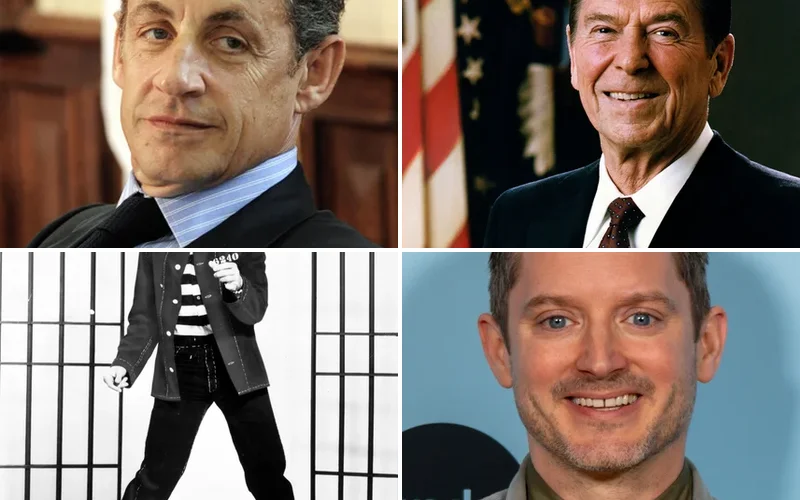
Politics and Government Events on January 28
1915 – United States Coast Guard Established
An act of the U.S. Congress created the United States Coast Guard as a branch of the United States Armed Forces. This legislative action unified America’s maritime law enforcement and rescue operations under a single command structure.
The new military branch combined existing revenue cutter and life-saving services into one cohesive organization. This consolidation significantly enhanced America’s ability to protect its coastal waters and maritime interests.
1933 – Name Pakistan Coined
Choudhry Rahmat Ali Khan coined the name Pakistan, which Indian Muslims then adopted for their independence movement. This pivotal moment provided a clear identity and rallying point for the Pakistan Movement.
The name represented the aspirations of millions seeking self-determination in the Indian subcontinent. This linguistic creation would eventually become the foundation for a new nation’s identity.
1965 – Canadian Flag Design Chosen
The current design of the Flag of Canada was chosen by an act of Parliament. This decision ended decades of debate about national symbols and established the iconic maple leaf as Canada’s primary emblem.
The new flag replaced the British-influenced Red Ensign with a distinctly Canadian design. This change marked a significant step in Canada’s evolution toward complete national independence.
1981 – Reagan Lifts Petroleum Controls
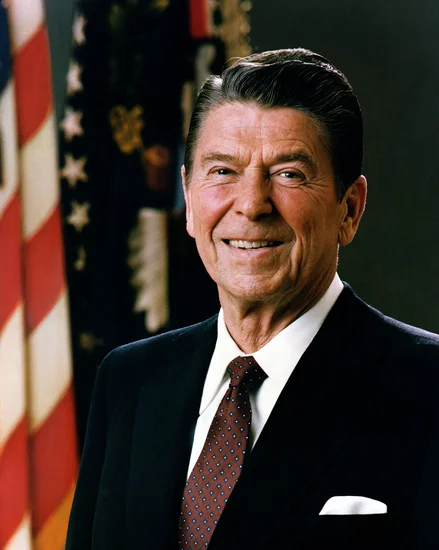
Ronald Reagan lifted remaining domestic petroleum price and allocation controls in the United States. This decisive action helped end the 1979 energy crisis and initiated the 1980s oil glut.
The deregulation policy fundamentally altered America’s energy market dynamics and pricing structures. Reagan’s free-market approach transformed how the nation managed its petroleum resources.
1988 – Canada Strikes Down Abortion Laws
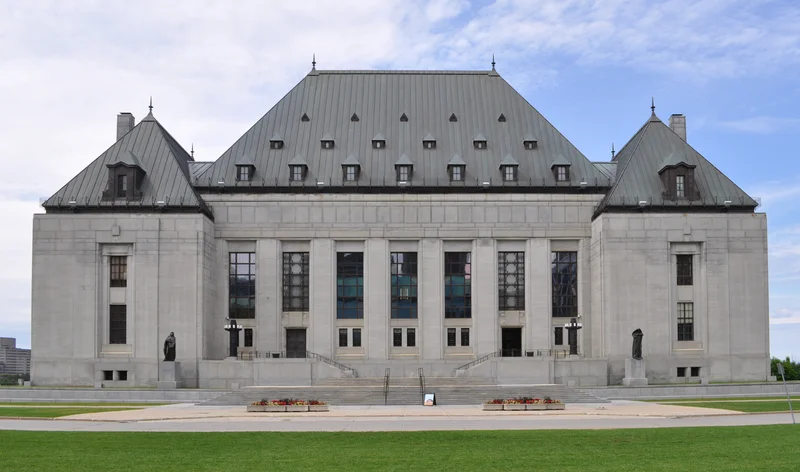
The Supreme Court of Canada struck down all anti-abortion laws in the landmark case R v Morgentaler. This judicial decision fundamentally transformed reproductive rights across the country.
The ruling established new legal precedents regarding women’s constitutional rights and medical autonomy. This court decision reshaped Canadian social policy and medical practice for generations.
2023 – Tyre Nichols Protests Begin

Protests began after police beat and killed Tyre Nichols in Memphis, Tennessee. This tragic incident sparked nationwide demonstrations demanding police accountability and reform.
The protests highlighted ongoing issues of police brutality and racial injustice in American law enforcement. This movement continued the national conversation about criminal justice reform.
Military and Naval History on January 28
1909 – US Troops Leave Cuba
United States troops left Cuba following the Spanish-American War, with the exception of Guantanamo Bay Naval Base. This withdrawal marked the end of the second American military occupation of the island.
The departure demonstrated America’s commitment to Cuban independence while maintaining strategic military presence. Guantanamo Bay would remain under American control as a permanent naval installation.
1918 – Finnish Civil War Escalates
The Red Guard rebels seized control of Helsinki during the Finnish Civil War. Members of the Senate of Finland were forced to go underground as revolutionary forces took the capital.
This dramatic takeover intensified the conflict between socialist and conservative factions in newly independent Finland. The capital’s capture represented a crucial turning point in the civil war.
1941 – Franco-Thai War Concludes
The final air battle of the Franco-Thai War occurred before a Japanese-mediated armistice took effect. This conflict demonstrated Japan’s growing influence in Southeast Asian regional disputes.
The armistice marked the end of hostilities between French Indochina and Thailand over territorial disputes. Japan’s mediation role reflected its expanding imperial ambitions in the region.
1945 – Burma Road Reopens
Supplies began reaching the Republic of China over the newly reopened Burma Road during World War II. This vital supply line restored crucial military and civilian aid to Chinese forces.
The road’s reopening represented a major Allied victory over Japanese forces in Southeast Asia. This logistical achievement significantly strengthened Chinese resistance against Japanese occupation.
1958 – US Aircraft Shot Down
An unarmed United States Air Force T-39 Sabreliner was shot down over Erfurt, East Germany, by a Soviet MiG-19. This incident heightened Cold War tensions between the superpowers.
The attack on the training aircraft demonstrated the dangerous volatility of divided Germany. This confrontation illustrated how quickly routine missions could escalate into international incidents.
Science and Discovery Milestones on January 28
1902 – Carnegie Institution Founded
The Carnegie Institution of Washington was founded with a $10 million gift from Andrew Carnegie. This massive endowment established one of America’s premier scientific research organizations.
The institution would become a leading center for astronomical, biological, and geological research. Carnegie’s philanthropic vision created lasting opportunities for scientific advancement and discovery.
1958 – Lego Brick Patent
The Lego company patented the design of its iconic Lego bricks, which remain compatible with bricks produced today. This engineering achievement created one of the world’s most successful toy systems.
The interlocking brick design revolutionized construction toys and childhood play experiences globally. This patent established the foundation for decades of creative and educational entertainment.
1986 – Challenger Disaster
Space Shuttle Challenger disintegrated after liftoff during the STS-51-L mission, killing all seven astronauts aboard. This tragic accident shocked the world and temporarily halted America’s space program.
The disaster led to extensive safety reviews and design improvements in space technology. This catastrophic event fundamentally changed how NASA approached risk management and crew safety.
1985 – We Are the World Recorded
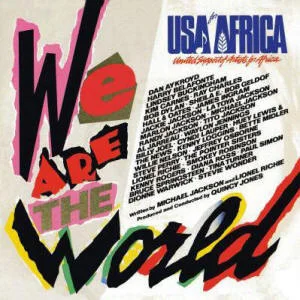
Supergroup USA for Africa recorded the hit single “We Are the World” to raise funds for Ethiopian famine relief. This unprecedented collaboration brought together music’s biggest stars for humanitarian purposes.
The recording session demonstrated the entertainment industry’s potential for social impact and charitable giving. This musical effort raised millions of dollars for disaster relief efforts.
Cultural and Arts Events on January 28
1956 – Elvis Presley’s National TV Debut
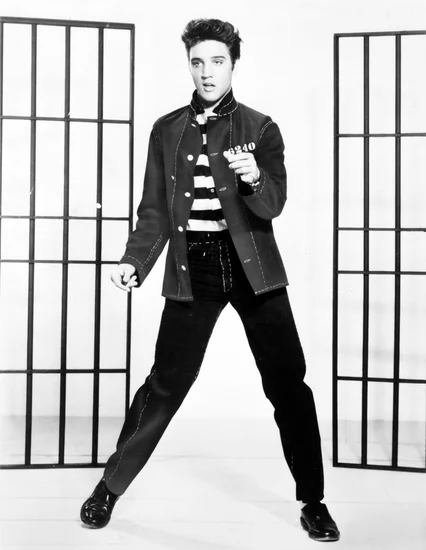
Elvis Presley made his first national television appearance, launching his career into the stratosphere. This performance introduced rock and roll to mainstream American audiences.
The broadcast fundamentally changed popular music and youth culture across the nation. Elvis’s television debut marked the beginning of the rock and roll revolution.
1938 – World Land Speed Record
Rudolf Caracciola broke the World Land Speed Record on a public road in the Mercedes-Benz W125 Rekordwagen at 432.7 kilometers per hour. This achievement pushed automotive engineering to new limits.
The record demonstrated German automotive technology’s superiority in the pre-war era. This milestone established new benchmarks for automotive performance and design innovation.
1960 – NFL Expansion Announced
The National Football League announced expansion teams for Dallas starting in 1960 and Minneapolis-St. Paul for 1961. This decision marked the beginning of professional football’s nationwide growth.
The expansion strategy brought professional football to new markets and fan bases. This business decision fundamentally altered the landscape of American professional sports.
Religious and Social Events on January 28
1916 – Manitoba Women’s Suffrage
The Canadian province of Manitoba granted women the right to vote and run for provincial office, though excluding Indigenous and Asian women. This milestone marked the first women’s voting rights in Canada.
The legislation represented a significant step forward for women’s political participation despite its limitations. This achievement inspired similar suffrage movements across other Canadian provinces.
1935 – Iceland Legalizes Therapeutic Abortion
Iceland became the first Western country to legalize therapeutic abortion under specific medical circumstances. This groundbreaking legislation established new precedents for women’s reproductive healthcare.
The law represented progressive social policy that would influence reproductive rights debates worldwide. Iceland’s decision demonstrated how small nations could lead major social reforms.
1919 – Order of the White Rose Established

Baron Gustaf Mannerheim established the Order of the White Rose of Finland as regent. This honor system recognized contributions to Finnish independence and national service.
The order became one of Finland’s most prestigious decorations for civilian and military achievement. This institution reflected the new nation’s desire to establish its own traditions.
Business and Economic Events on January 28
1920 – Spanish Legion Founded
The Spanish Legion was founded as an elite military unit for colonial operations. This force would become one of Spain’s most renowned military organizations.
The Legion’s establishment reflected Spain’s need for professional soldiers in its African territories. This military unit would play crucial roles in Spanish colonial and civil conflicts.
1982 – US General Dozier Rescued
US Army General James L. Dozier was rescued by Italian anti-terrorism forces from captivity by the Red Brigades. This successful operation demonstrated effective international counter-terrorism cooperation.
The rescue operation dealt a significant blow to European terrorist organizations of the era. This achievement showcased advanced hostage rescue techniques and intelligence gathering.
Transportation and Infrastructure on January 28
1922 – Knickerbocker Storm Disaster
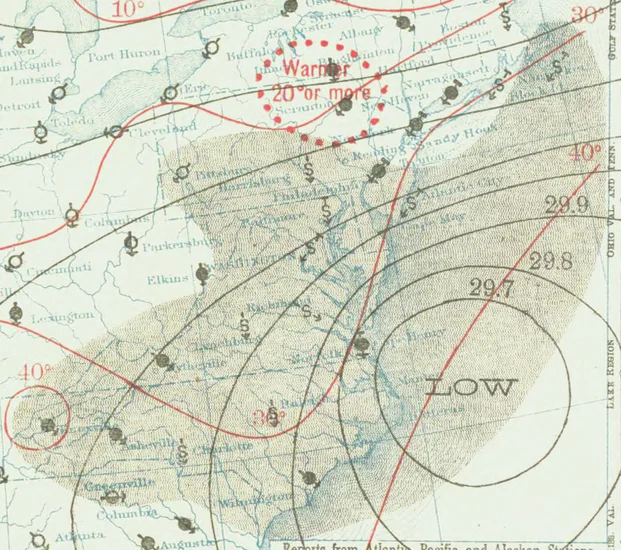
Washington D.C.’s biggest snowfall caused the Knickerbocker Theatre roof to collapse, killing over 100 people. This natural disaster highlighted the dangers of extreme weather on urban infrastructure.
The tragedy led to improved building codes and snow load requirements for public structures. This catastrophic event changed how architects and engineers approached weather-resistant design.
1980 – Coast Guard Collision
USCGC Blackthorn collided with the tanker Capricorn while leaving Tampa, Florida, and capsized, killing 23 Coast Guard crew members. This maritime disaster shocked the maritime community.
The collision investigation led to improved navigation safety protocols and training procedures. This tragic accident emphasized the constant dangers faced by maritime service members.
2002 – TAME Flight 120 Crash

TAME Flight 120, a Boeing 727-100, crashed in the Andes mountains in southern Colombia, killing 94 passengers and crew. This aviation disaster highlighted the challenges of mountain flying.
The crash investigation revealed important safety lessons about high-altitude airport operations. This tragedy underscored the ongoing risks in commercial aviation despite technological advances.
Sports and Recreation on January 28
1977 – Great Lakes Blizzard Begins
The Great Lakes Blizzard of 1977 began, dumping 3 meters of snow in one day across Upstate New York. Buffalo, Syracuse, and Watertown were most severely affected by this historic storm.
The blizzard paralyzed the region for days and became a legendary weather event. This natural disaster demonstrated the Great Lakes region’s vulnerability to extreme winter weather.
1932 – Japanese Forces Attack Shanghai
Japanese forces launched their attack on Shanghai, escalating tensions in the Second Sino-Japanese War. This military action marked a significant expansion of Japanese aggression in China.
The attack on Shanghai brought international attention to Japanese imperial expansion in Asia. This military campaign would eventually contribute to the broader Pacific War.
1908 – Portuguese Republican Coup Fails
Members of the Portuguese Republican Party failed in their attempted coup d’état against Prime Minister João Franco’s administrative dictatorship. This failed revolution demonstrated growing political instability in Portugal.
The unsuccessful coup highlighted the deepening crisis of the Portuguese monarchy. This political upheaval foreshadowed the eventual republican revolution that would transform Portugal.
Notable Births on January 28
1912 – Jackson Pollock Born
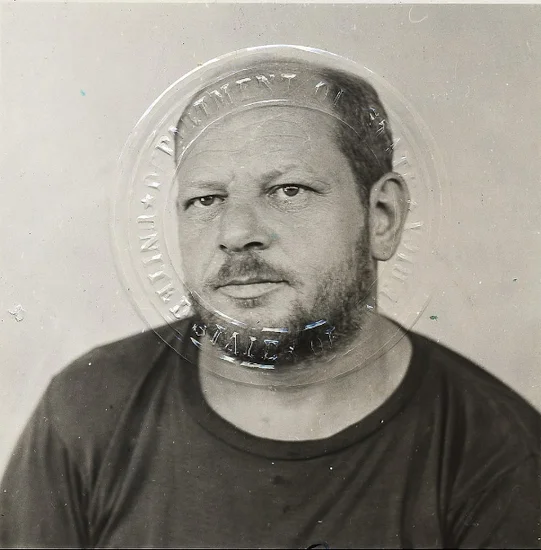
American painter Jackson Pollock was born in Cody, Wyoming. His innovative abstract expressionist techniques would revolutionize modern art and influence generations of artists.
Pollock’s drip painting method created entirely new artistic possibilities and aesthetic experiences. His groundbreaking work established American art as a major force in the international art world.
1936 – Alan Alda Born
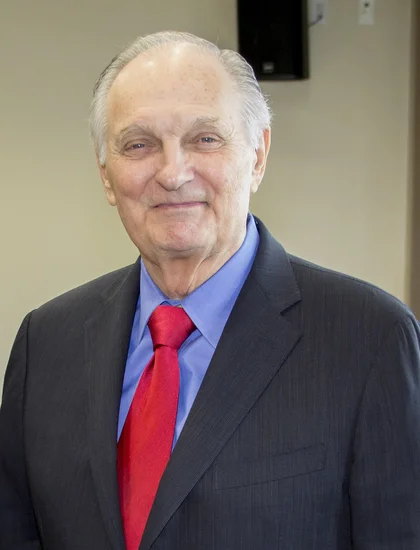
American actor, director, and writer Alan Alda was born in New York City. His versatile career would span television, film, and stage across multiple decades.
Alda’s portrayal of Hawkeye Pierce in M*A*S*H made him a household name. His advocacy for science communication and women’s rights extended his influence beyond entertainment.
1941 – Carlos Slim Born
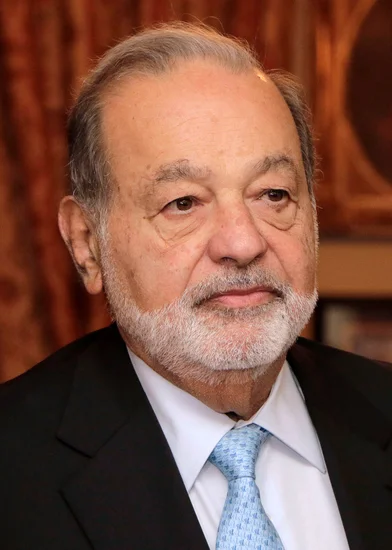
Mexican businessman and philanthropist Carlos Slim was born in Mexico City. He would become one of the world’s wealthiest individuals through diverse business investments.
Slim’s telecommunications empire and strategic investments made him Latin America’s richest person. His philanthropic efforts focused on education, healthcare, and cultural preservation.
1955 – Nicolas Sarkozy Born
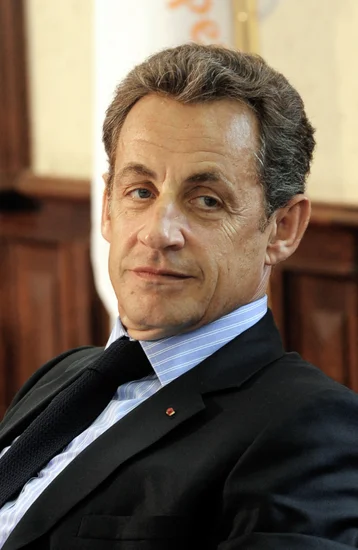
French lawyer and politician Nicolas Sarkozy was born in Paris. He would serve as the 23rd President of France from 2007 to 2012.
Sarkozy’s presidency emphasized economic reform and active foreign policy engagement. His political career included significant roles in French conservative politics.
1968 – Sarah McLachlan Born

Canadian singer-songwriter Sarah McLachlan was born in Halifax, Nova Scotia. Her ethereal voice and emotionally powerful songs would define alternative music in the 1990s.
McLachlan’s Lilith Fair festival celebrated women in music and became a cultural phenomenon. Her artistic achievements earned multiple Grammy Awards and international recognition.
1978 – Gianluigi Buffon Born

Italian footballer Gianluigi Buffon was born in Carrara, Italy. He would become one of the greatest goalkeepers in football history.
Buffon’s career spanned over two decades with Juventus and the Italian national team. His exceptional skill and leadership earned him numerous honors and records.
1981 – Elijah Wood Born

American actor Elijah Wood was born in Cedar Rapids, Iowa. His portrayal of Frodo Baggins in The Lord of the Rings trilogy would make him internationally famous.
Wood’s acting career began in childhood and evolved into diverse adult roles. His performance in Peter Jackson’s epic trilogy became iconic in cinema history.
Notable Deaths on January 28
1939 – W.B. Yeats Dies
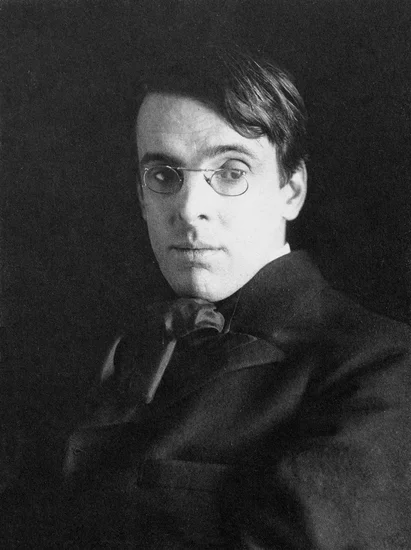
Irish poet and playwright W.B. Yeats died in Roquebrune-Cap-Martin, France. The Nobel Prize laureate had profoundly influenced modern literature and Irish cultural identity.
Yeats’s poetry captured the essence of Irish nationalism and mysticism through powerful imagery. His literary legacy continues to inspire writers and readers worldwide.
1960 – Zora Neale Hurston Dies
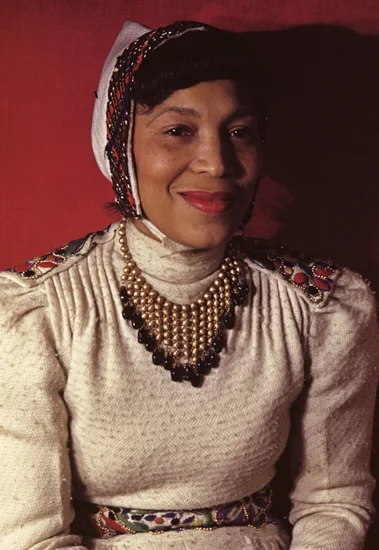
American novelist and folklorist Zora Neale Hurston died in Fort Pierce, Florida. Her groundbreaking work documented African American culture and experiences in the South.
Hurston’s novel “Their Eyes Were Watching God” became a cornerstone of American literature. Her anthropological work preserved crucial aspects of African American folk traditions.
1986 – Challenger Crew Dies
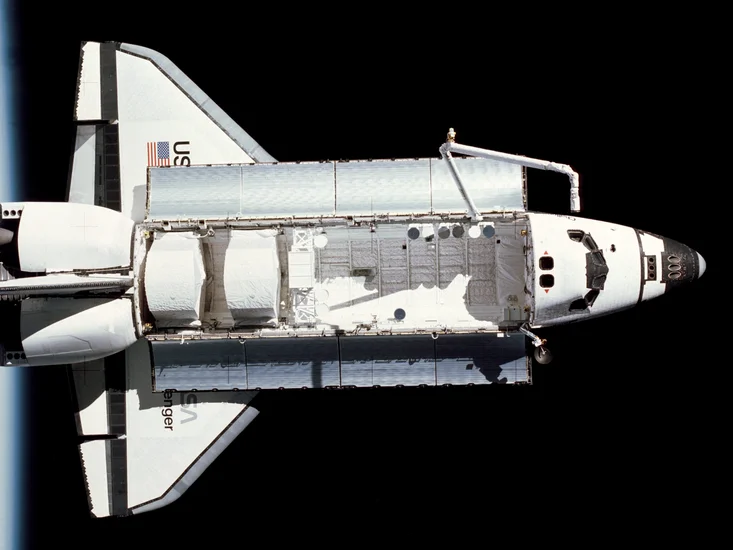
The seven-member crew of Space Shuttle Challenger perished when their spacecraft disintegrated during launch. Gregory Jarvis, Christa McAuliffe, Ronald McNair, Ellison Onizuka, Judith Resnik, Dick Scobee, and Michael Smith died in the tragedy.
The disaster shocked the world and temporarily halted American space exploration efforts. Their sacrifice led to improved safety measures and renewed dedication to space exploration.
1996 – Joseph Brodsky Dies
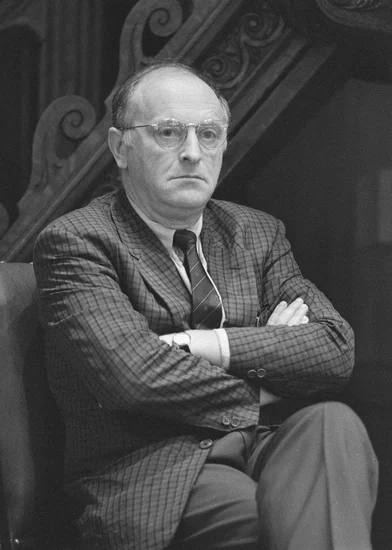
Russian-American poet Joseph Brodsky died in Brooklyn, New York. The Nobel Prize laureate had become one of the most influential voices in contemporary poetry.
Brodsky’s exile from the Soviet Union brought international attention to artistic freedom. His bilingual poetry explored themes of displacement, memory, and human dignity.
2002 – Astrid Lindgren Dies
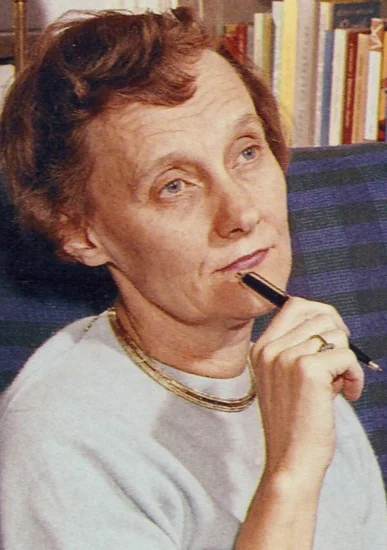
Swedish author Astrid Lindgren died in Stockholm at age 94. Her beloved children’s books, including the Pippi Longstocking series, had enchanted generations of readers.
Lindgren’s stories celebrated childhood independence and imagination while addressing serious social issues. Her literary contributions fundamentally shaped modern children’s literature.
2021 – Cicely Tyson Dies
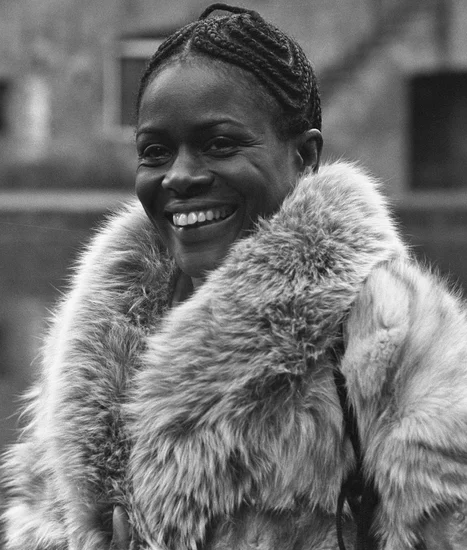
American actress Cicely Tyson died in New York City at age 96. Her groundbreaking performances had broken barriers and redefined roles for African American women in entertainment.
Tyson’s career spanned seven decades, earning her numerous awards and accolades. Her commitment to portraying strong, dignified characters inspired countless actors and activists.
Holidays and Observances on January 28
Data Privacy Day
Data Privacy Day is observed internationally to raise awareness about privacy rights and data protection. This annual observance educates individuals and organizations about digital privacy responsibilities.
The day promotes understanding of privacy laws and best practices in data handling. Educational initiatives help people protect their personal information in the digital age.
Army Day in Armenia
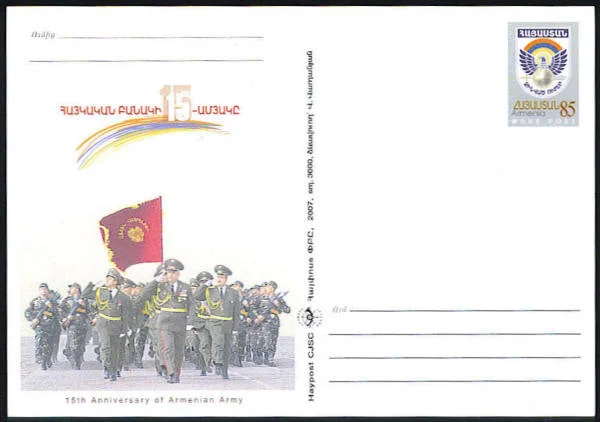
Armenia observes Army Day to honor its military forces and national defense capabilities. This patriotic celebration recognizes the sacrifices and service of Armenian soldiers.
The observance includes ceremonies and events celebrating military traditions and national security. Army Day reinforces the importance of defense preparedness and military service.
Christian Feast Days
Several Christian saints are commemorated on January 28, including Joseph Freinademetz, Julian of Cuenca, and Thomas Aquinas. These religious observances honor the lives and contributions of important Christian figures.
Eastern Orthodox communities follow their liturgical calendar for January 28 celebrations. These feast days provide opportunities for prayer, reflection, and spiritual growth.
